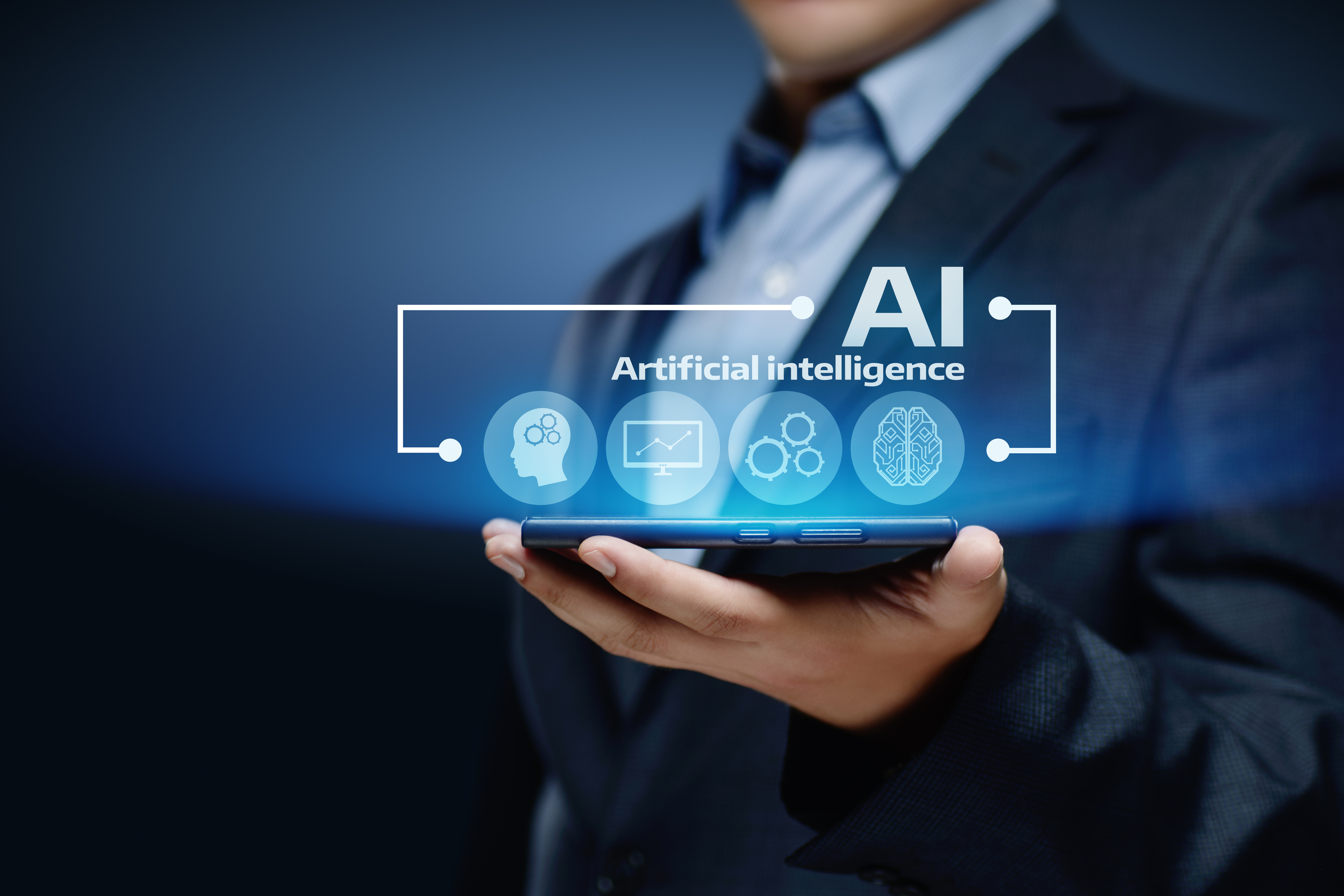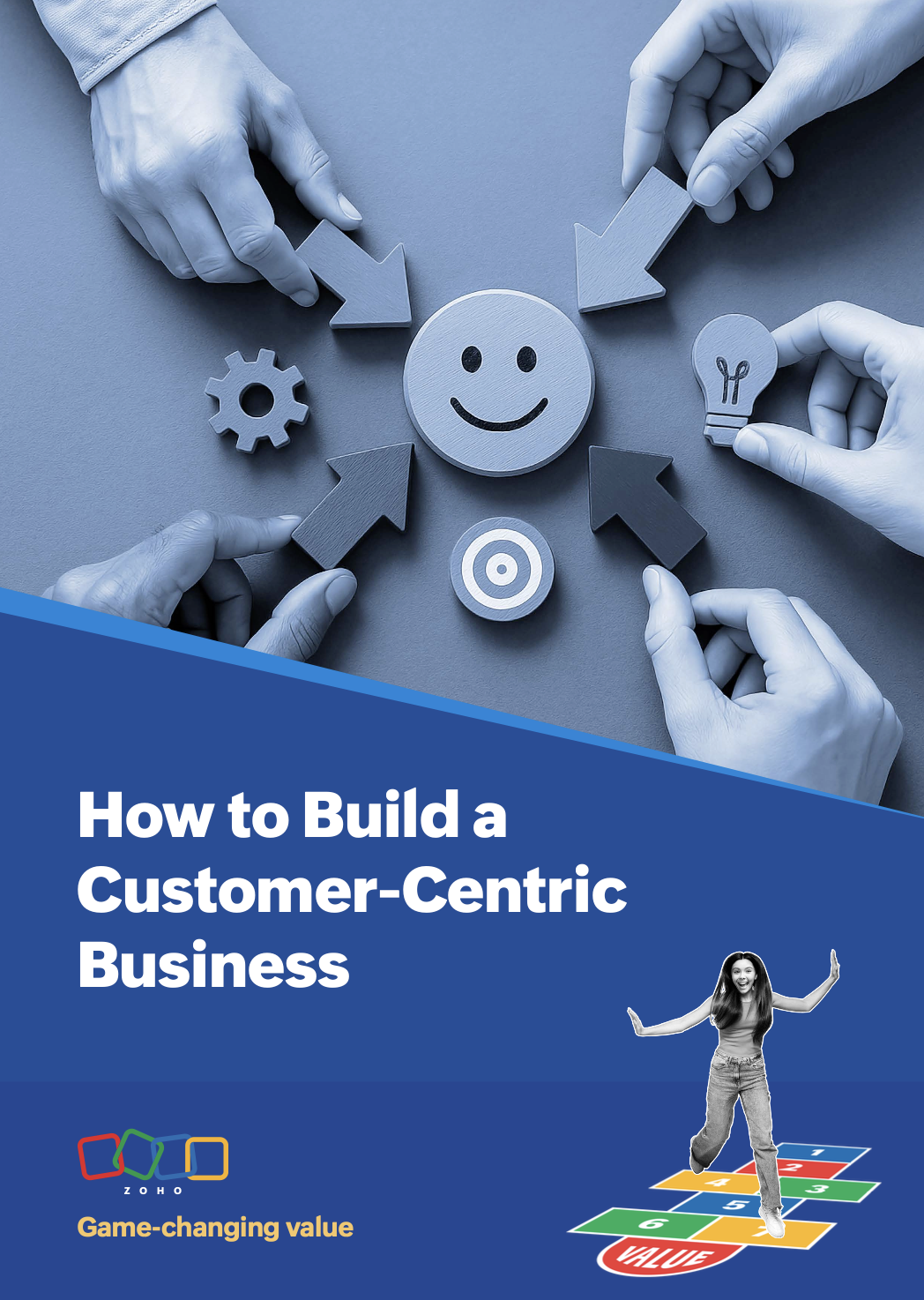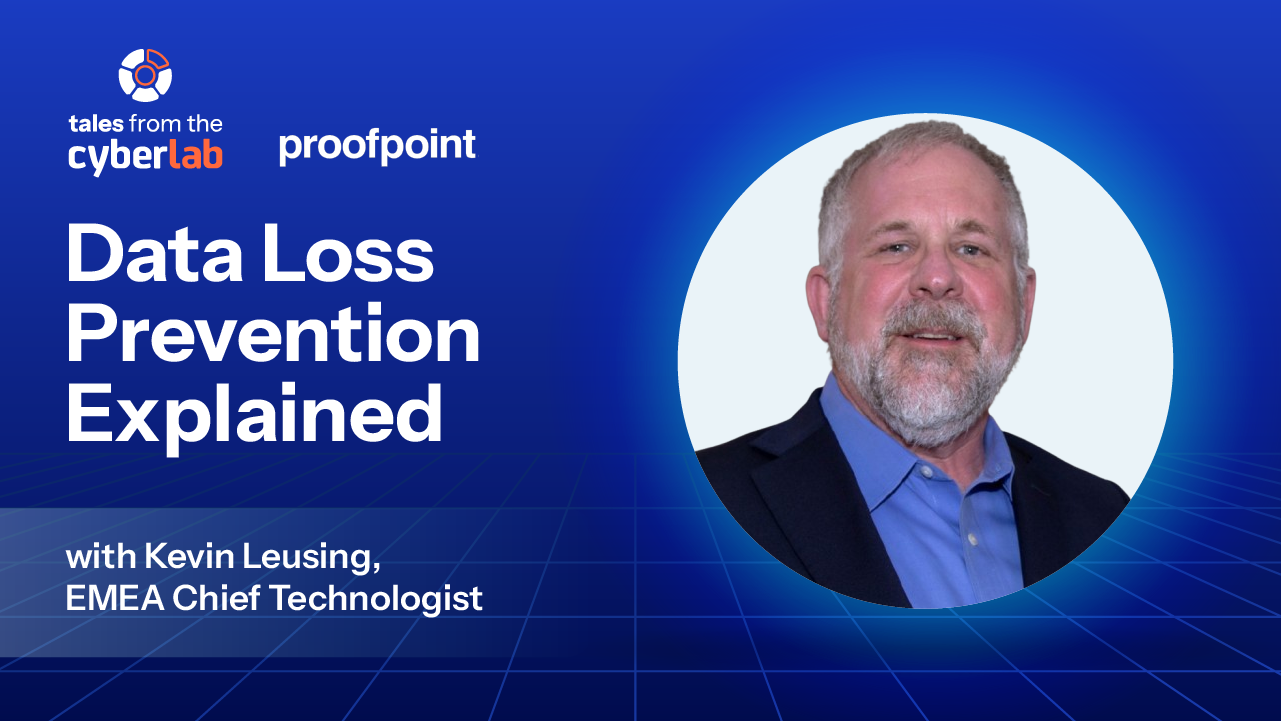In this piece by Richard George, Wavemaker offer their thoughts on what brands need to do to prepare for the digital revolution ahead following the creation of ‘Industry 4.0’
The integration of digital and physical technologies heralds the imminent arrival of a new digital revolution. For brands – especially those still struggling to get to grips with data - capitalising on the opportunities created by the new ‘Industry 4.0’ could be daunting. Yet all can benefit by self-optimising for the opportunities and challenges that lie ahead today.
From artificial intelligence and analytics to robotics, connected cities to smart homes and the internet of things, key components of ‘Industry 4.0’ are being powered by data. So the first thing organisations must do is adjust their mindset.
Don't fear data. Yes, it is mined like coal, refined like crude oil, stored in high-security vaults like gold and sold like rolled steel. And it can influence governments – for proof look no further than the rise of Trump, Brexit and subsequent hand-wringing about its misuse by the likes of Cambridge Analytica. But while it will be disruptive it will also be transformative.
In today’s world, data that our every action generates is enabling the development of ever more personalised products and services more relevant to users’ needs and consumer expectations of this is growing accordingly.

Data is powering AI and machine learning in answering questions that have never before been asked. And the insights from these questions can be used to create personalisation, simplicity and automation that allow brands to build deeper than ever relationships with their audience. So maximise your ability to use data efficiently and effectively by putting in place appropriate governance and intelligence systems.
You can better understand your audience by harnessing data from across all of your platforms to create a single view of your customers, and better reach them by identifying and bridging any gaps that exist between different marketing channels. Then use your new and enhanced customer insight and understanding to deploy a user-led approach in order to serve your customers better.
All brands should now learn from the so-called ‘frightful five’ - Apple, Facebook, Google, Microsoft and Amazon - who are succeeding by creating deeper relationships to become a central part of their customers’ daily lives. And they are achieving this by tapping into the significant opportunity that lies in delivering customers’ greater convenience and a more humanised experience – two things customers not only value highly but have now come to expect.

To create convenience, brands should be thinking mobile first. Consumers are time-poor and mobile is the single greatest means of research and transaction for many. Create simple fast-loading content and adopt technologies like accelerated mobile pages and responsive designs to save the consumer time. Look at the adoption of auto-fill and payment wallet technologies for fast checkout to make it as easy as possible to go to purchase, especially on mobile - something Amazon is very good at.
To be more human, brands can use data to research the opportunity and then optimise website content to appear in search results’ ‘snippets features’ as these power voice search on Google personal assistants. Look into chat bot technologies to create efficiencies in customer service and social media or invest in Amazon ‘skills’ that give responses through personal assistants such as Amazon’s Echo.
Today’s consumers are fast-becoming familiar with the humanisation of brand:consumer interaction. But it will be the expectations of the next generation – today’s under-25s – that will drive its growth and ubiquity. This will create opportunities for brands and marketers alike, but with digital disruption there will be winners and losers at the same time. The good news is that opportunity and the greatest chances for success await those willing to embrace and manage change. To paraphrase Charles Darwin: adapt or die.
Richard George is Managing Partner at Wavemaker







